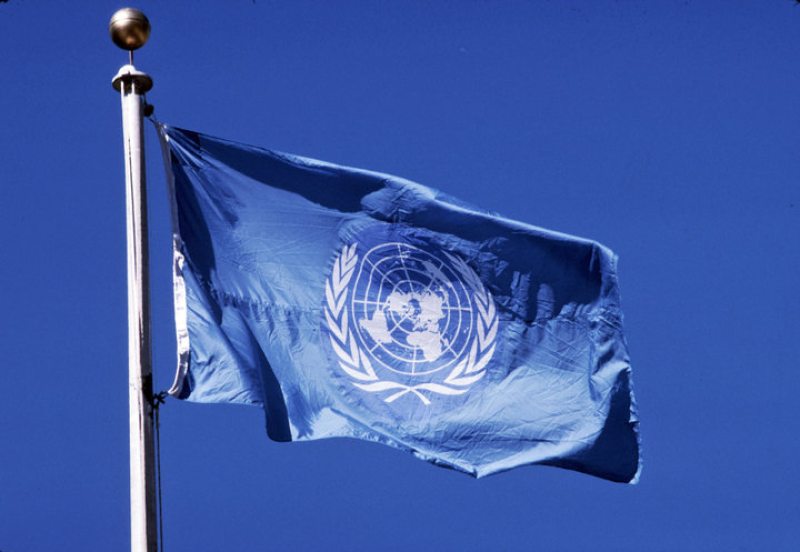Viasna human rights defenders sent an appeal to the UN Special Rapporteurs on the detention of Belarusians for donations
Viasna legal service sent an appeal to three Special Rapporteurs regarding the persecution of Belarusians for donations to charitable foundations.
Human rights defenders appealed to the Special Rapporteurs on Belarus, on the promotion and protection of human rights and fundamental freedoms in the fight against terrorism, as well as on freedom of association.
In 2016, a new Article 361-2 (financing of extremist activities) was added to the Criminal Code of Belarus. After the events of 2020, the authorities began to actively initiate politically motivated cases under this article. The punishment provides for imprisonment or restriction of liberty from three to five years with or without a fine.
It should be noted that the decision to recognize a group of individuals as extremist is made by the Ministry of Internal Affairs (and not by a judicial body) in closed mode, which does not allow the persons involved to protect their rights. This practice makes it possible to arbitrarily recognize people and organizations disfavored by the authorities as "extremist".
For example, this happened with the BYSOL Solidarity Fund, which helps repressed Belarusians. The foundation was established in August 2020 in response to the massive repression of peaceful protesters and initially engaged in crowdfunding to pay fines imposed for participating in protest actions.
On December 3, 2021, the Ministry of Internal Affairs recognized the foundation as an "extremist organization".But Belarusians were detained and summoned to KGB for donating to the fund via Facebook when it was not yet recognized as "extremist". Usually, KGB officers force detainees to write a confession about the transfer of money to the BYSOL foundation, and then to transfer money "for charity" to an account of a state institution, in an amount sometimes tens of times bigger than the initial donation. Otherwise, they threaten to open a criminal case on financing extremist activities.
Activists of organizations that use donations to support repressed protesters are also subject to criminal prosecution.
At the moment, Viasna is aware of 47 people in custody, and 30 of them are convicted under Article 361-2 of the Criminal Code for "financing extremist activities".
The existing practice of imposing criminal liability for ex post facto donations has serious consequences that go beyond the legal limits as such, says Sviatlana Halauniova, a Viasna lawyer.
"This practice undermines the predictability of the legal framework and leads to the violation of a number of important procedural rights of persons who are accused in such circumstances.
The fundamental principle that people should have a clear and predictable knowledge of the legal consequences of their actions is violated. As a result, persons accused of offenses related to the financing of civil society organizations are deprived of a fair and just trial."
The fear of persecution for donations deters people from consciously participating in public life, in defending human rights, social justice, and democratic values, says Sviatlana.
The human rights defender draws attention to the double impact that the practice of harassment for donations has on civil society.
"Firstly, it limits crowdfunding opportunities for civil society organizations, hindering their ability to collect resources for useful public activities.
Secondly, such an attitude suppresses horizontal participation, discouraging citizens from actively engaging in the causes they believe in. A climate of caution undermines the foundations of an open and participatory society."


















